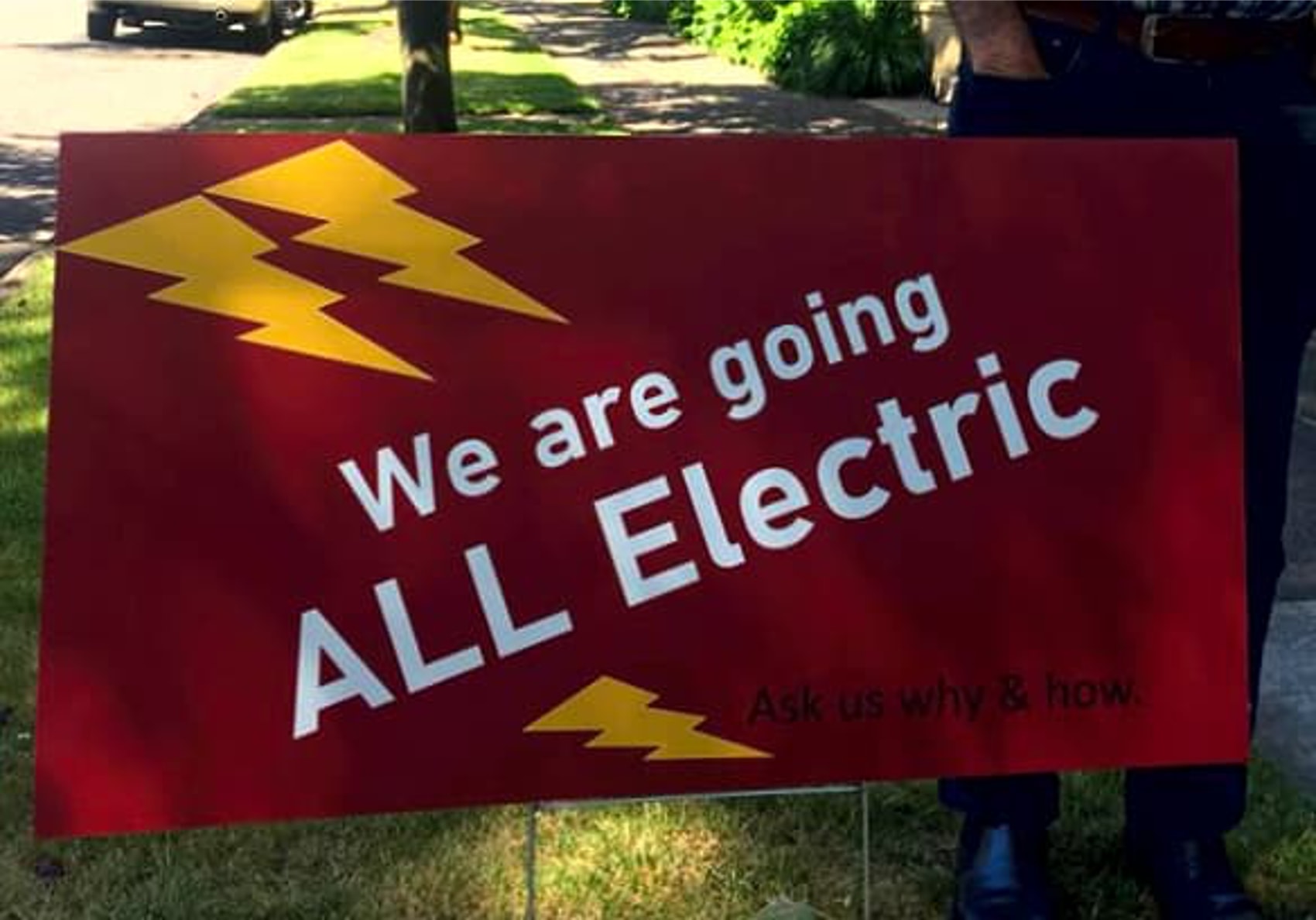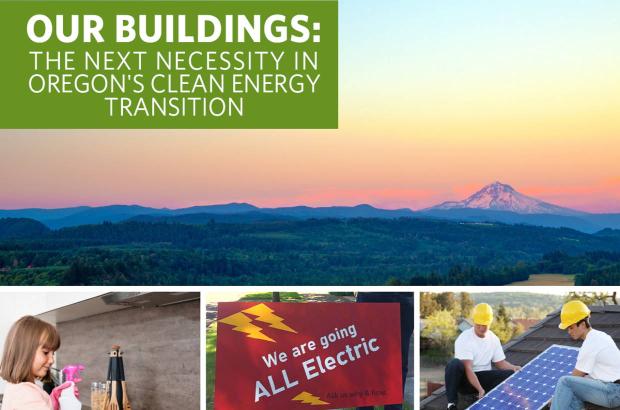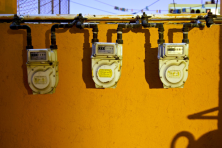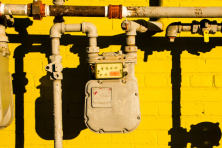Unless you work in climate and energy policy, you may not spend much time thinking about how and why utilities are regulated. It’s an important, but complicated and opaque system where many critical energy regulation and climate policy decisions are made, including how much utility companies can charge us for the energy we use, and how quickly electric and gas utilities are required to move off fossil fuels.
One of the most significant of these regulatory processes in recent years is the “Future of Gas” docket at the Oregon Public Utility Commission (OPUC) (also called UM 2178, the “Natural Gas Fact-finding Investigation”). By taking up this docket, regulators are tasked with figuring out how to protect customers and reduce risk, while gas utilities grapple with how to meet climate pollution reduction goals while continuing to meet customers’ needs. Noting the lack of realistic planning by gas utilities so far and the need for regulators to be proactive on managing this transition on behalf of energy customers, many other states are taking up similar Future of Gas processes as well. So far, the OPUC process has involved two main efforts:
- Gas utility modeling of how they foresee achieving new mandatory greenhouse gas reduction targets under a handful of scenarios, and
- A discussion of regulatory tools (i.e., planning, programs, and rate-setting tools) that the OPUC could adopt to protect customers from costs and risks and manage gas utilities moving forward.
The state’s three gas utilities, NW Natural, Avista, and Cascade, have all provided their model findings and weighed in on the regulatory tools discussion. A variety of other interested organizations, including Climate Solutions and many other energy and climate justice advocacy groups have also weighed in throughout the process. We’ve encouraged the OPUC to approach this proceeding with a realistic lens of what we can expect to see—and what we want—our future energy system to look like. We want this clean energy transition to result in rapid reduction of carbon emissions, improved public health, and mitigating the cost impacts to ratepayers, especially low-income Oregonians.
In this process, the modeling released by none other than NW Natural confirms what we already know, that electrification is the most efficient method to decarbonize the fossil gas sector. Coupled with the numerous other benefits of electrification and energy-efficient weatherization, it’s clear to us that replacing gas appliances for cooking, water and space heating with electric ones is the best path forward for affordably and effectively reducing climate and air pollution from buildings, while ensuring that the benefits of the clean energy transition are prioritized for low-income, rural, BIPOC, and other vulnerable communities. This is diametrically opposed to the gas utilities’ current utility business model that relies on increasing sales of methane gas (a.k.a. natural gas), subsidizing the hook up of new customers, and having ratepayers pay for the accompanying expanding pipelines and aging infrastructure.
We’ve outlined why and how Oregon should ensure clean and resilient buildings for all in this issue brief.
Click here to download this handout
The OPUC's Future of Gas proceeding has exposed a stark truth about Oregon's gas industry: They do not have reasonable or economically-viable energy alternatives for consumers to adopt through the transition to a low-carbon economy.
Without a massive re-envisioning of their business model, the gas utilities have failed to demonstrate that they have a reasonable role in the transition to a low-carbon economy. What's even more disconcerting, Oregon’s gas utilities are pushing for regulators to allow an increase in gas consumption and related investments, while trying to stall any meaningful action by the OPUC, under the guise of cost concerns for low-income Oregonians and the need for more time to plan.
This Future of Gas process is only the first step. We need the OPUC to act, to get ahead of potentially looming issues raised by the likely lack of a future of gas as it is sold and regulated today. The increasing trend toward electrification (shout out to Eugene as the first city in Oregon to move forward toward requiring all-electric buildings!) and the climate imperative to expeditiously move off of fossil fuels means the transition is happening, whether the gas utilities are prepared or not. The OPUC must manage the electrification transition so that low-income Oregonians are able to switch to highly-efficient electric appliances like heat pumps, water heaters, and stoves quickly and are not left stranded on the gas system as costs increase.
The OPUC also must plan to mitigate cost impacts for remaining customers as more people electrify and the gas customer base dwindles. Otherwise, they leave behind a rapidly built out and aging gas infrastructure system with fewer and fewer gas customers to spread the costs among. Customers should not be left holding the bag due to gas utilities’ poor planning and unrealistic bet on fossil fuels for future decades. The OPUC can and must ensure that doesn’t happen and the company and their investors bear those risks of costs instead.
These are the kinds of weighty decisions and implications the Future of Gas proceeding has for Oregonians. The OPUC Staff—utility regulatory experts who help the Commission run these kinds of proceedings—will soon release their draft report summarizing the proceeding so far and sharing recommendations for what the Commission can do to protect energy customers, particularly low-income Oregonians, and manage gas utilities moving forward as they fulfill these new GHG mandates. We will share more about that report and the next steps once it’s released, but the main takeaway is clear: the gas utility business model is facing drastic changes, with or without the OPUC’s involvement, but it is the Commission’s responsibility to manage this transition in a way that benefits all Oregonians as much as possible.
If you want to be involved in this process, please email Greer at greer.ryan@climatesolutions.org.





